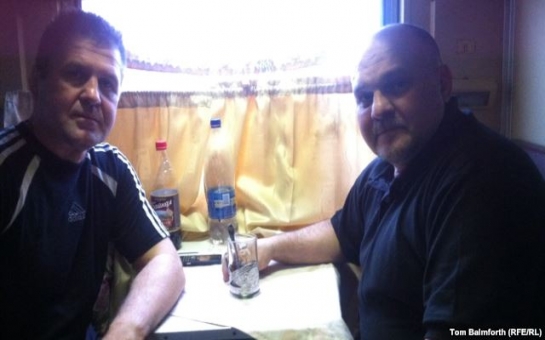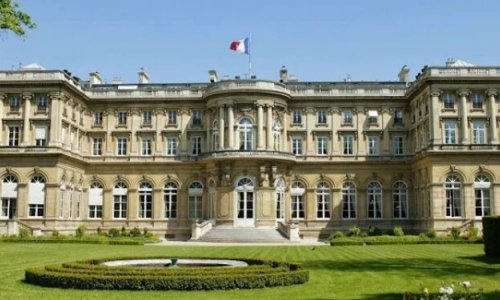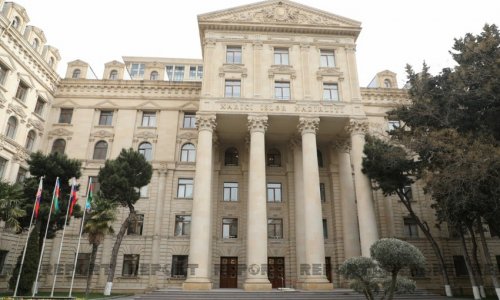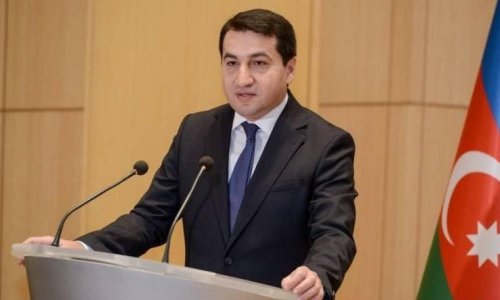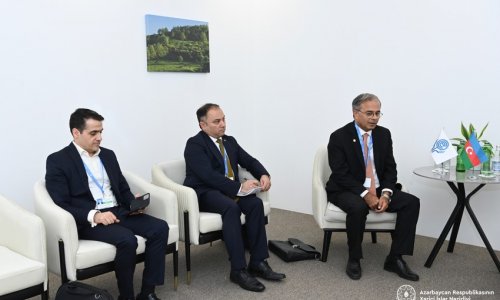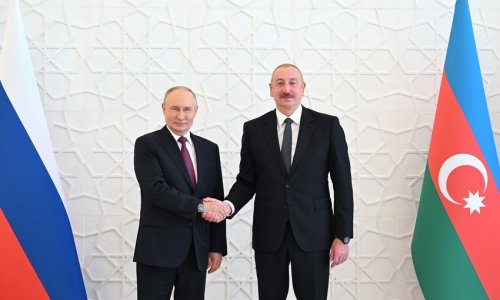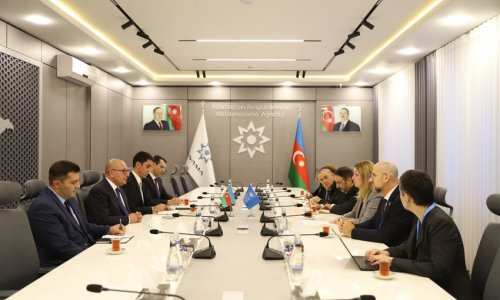By Tom Balmforth
The Berkut is Ukraine's most feared special-forces unit and is being vilified by tens of thousands of protesters in the capital, Kyiv. RFE/RL's Tom Balmforth happened to share a train cabin with two Berkut veterans and talked politics with them over vodka, cognac, salo, and quail eggs.
DONETSK/KYIV, Ukraine -- Utter the name "Berkut" to a protester on the streets of Kyiv and you will get a look of disdain and likely a stream of expletives.
Since members of Ukraine's special police forces brutally beat student demonstrators on Independence Square last weekend, the Berkut ("Golden Eagle") has emerged as a central target of abuse among the thousands of protesters gathered against President Viktor Yanukovych in the capital.
Graffiti sprayed on the city-council building on Kyiv's central Kreshchatyk Street carries slogans like: "Out with the convict [Yanukovych], death to the Berkut."
It is, therefore, with a fair bit of apprehension that I discover I'll be bunking with two veterans of the elite police squad on a 13-hour overnight train ride from Donetsk to Kyiv.
On the left, sitting relaxed on his bed, sits Aleksandr and opposite him is Yuriy Viktorovych, whose more senior police rank means he is addressed by name and patronymic. Yuriy Viktorovych is short, but stocky and heavily built, with huge forearms, a mostly bald rounded head, and a gold chain around his neck.
In their late 40s and early 50s, neither man is in his physical prime, but both are clearly still athletic. In fact, they now work as trainers in hand-to-hand combat.
They sit calmly, confidently, chatting quietly. They welcome, and are immediately curious about, the newcomer in the cabin.
Proud Berkut Members
On the table between them is a classic Slavic train feast: a bottle of cognac and an array of sandwiches, salamis, boiled eggs, quails eggs -- Yuriy eats them whole and then pulls out the shell -- and black bread. A small radio plays an eclectic mix of Soviet classics and dated foreign pop like Edith Piaf.
Two metal glasses, "ryumochki," full to the brim stand between them. "Would you like a glass?" Yuriy Viktorovych is quick to offer. As conversation picks up throughout the bottle of cognac, my apprehension quickly subsides as Yuriy and Aleksandr speak openly about life and their views.
Aleksandr and Yuriy Viktorovych retired from active Berkut service in the early to mid-1990s, but as Yuriy points out with a chuckle, "Once a spetsnaz, always a spetsnaz." The pair have served together across the country and been decorated for their services in the Berkut, which they joined at its inception in 1988. They are travelling to Kyiv to a veterans convention for the Berkut, which is celebrating its 25th anniversary.
The Berkut is the successor unit to the Soviet OMON forces, which still carries the same name to this day in Russia. They specialize in high-risk operations like hostage releases, battling organized crime, and riot control.
Hailing from the eastern Ukrainian city of Donetsk, where Yanukovych has his mainstay of support, Yuriy and Aleksandr have a typically dim view of the protests concentrated in western Ukraine and the capital. They see the industrial Donetsk region as the workhorse of Ukraine's economy that doesn't have time to waste days on the street protesting.
Ukraine's 'Slavic Destiny'
Yuriy and Aleksandr have regretted the last two revolutions, the Soviet collapse and the Orange Revolution, and they are worried that things may spiral out of control again.
They say they believe that what they call Ukraine's Slavic destiny is alongside Russia and Belarus. They say the authoritarian statist policies of President Vladimir Putin are the wave of the future. They are not against Ukraine coming closer to Europe, but they want to come closer on Ukraine's terms.
They specifically bring up the issue of gay rights, asking why the West is lecturing Russia and Ukraine about it. Let homosexuals do what they want, but "let them keep it to themselves."
But more than anything, they ooze a corporate pride for the special forces -- and bristle at the recent criticism.
"What people are saying about the department being created to crassly disperse protests is a fundamentally incorrect opinion," Aleksandr says. "The main task of the OMON special forces was to battle against organized crime."
And although Aleksandr admits that they may have "gone too far" with the beating of protesters last weekend, both say they believe the Berkut was carrying out orders correctly and was most probably reacting to violent protesters who provoked the crackdown.
Yuriy rejects the scorn being meted out at the Berkut. "Who is against the Berkut? Who are these people against Berkut? They are aggressive and destructive elements. They are provocateurs," he says.
"Why are they against the Berkut? It's because the Berkut keeps them within the boundaries of the constitution and the law. It does not allow them to violate the law," he adds. "They want to break the law and the Berkut does not let them."
'Risking Their Lives' For Others' Peace
After the bottle of cognac is finished off, Aleksandr pulls out a bottle of vodka and pours out glasses, but only after first pouring in quails eggs, creating what he calls a "new cocktail."
In the morning, Yuriy is up early doing what look like calisthenics with the music turned up. Asked if he will drop in on Maydan to see what's going on, Yuriy says not a chance.
But he is looking forward to the 25th anniversary convention. "The people who have put on this uniform risk their lives every day to maintain the peaceful lives of simple citizens who often do not see what is happening around them," he says.
The Berkut "takes this burden on its shoulders and risks their heads, their lives and their health. Even though they all have behind them families and children."
ANN.Az

